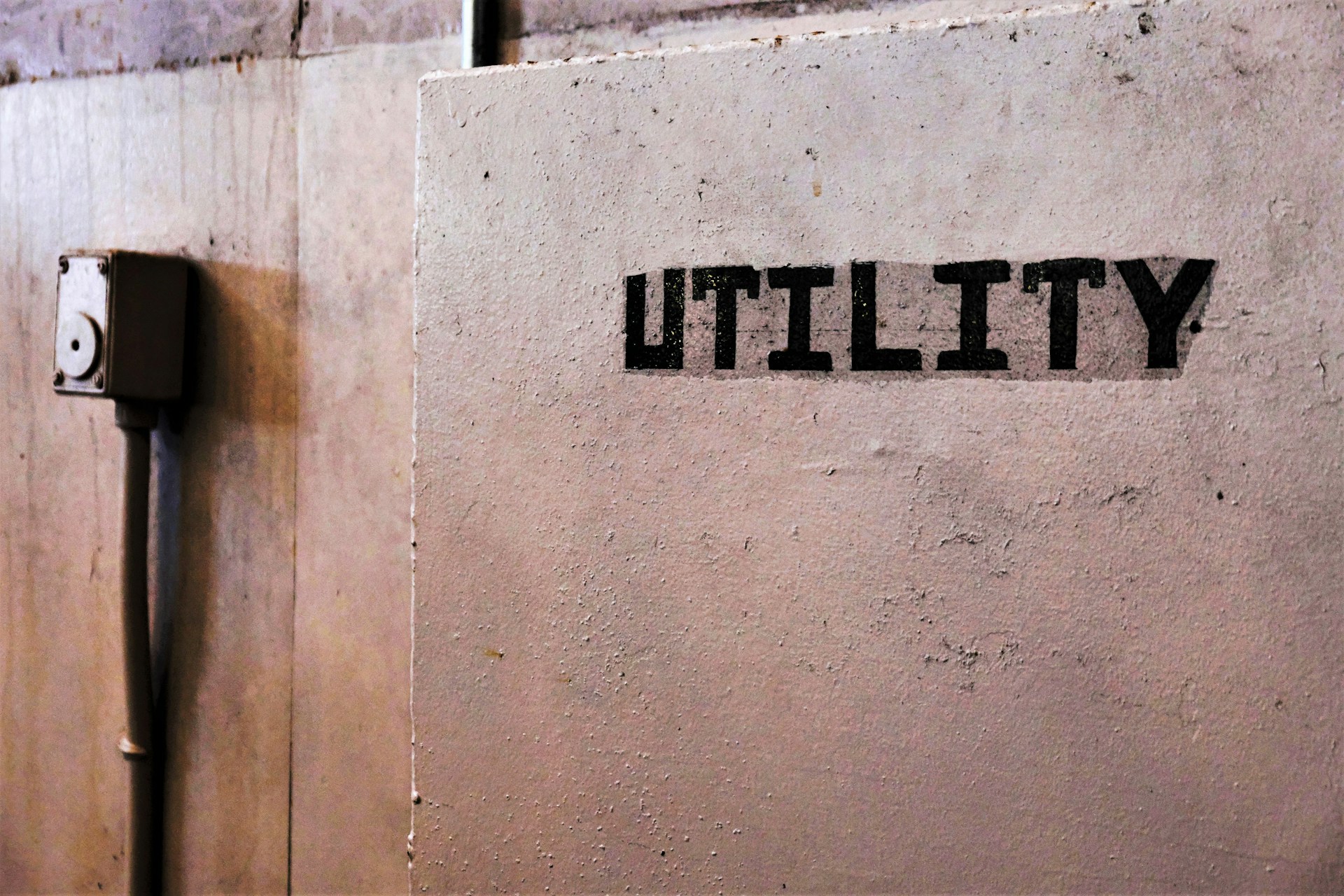When the lights are flickering and the final notice arrives, panic can set in fast. A utility shutoff isn’t just inconvenient—it can disrupt your entire life. But before the power goes out or the water stops running, there are steps you can take to get help. Many programs exist to support households facing disconnection, and acting early can make all the difference.
Understand the Warning Signs
Utility companies typically send multiple notices before shutting off service. These may include late payment reminders, disconnection warnings, or urgent final notices. Don’t ignore them. Each one is a signal that time is running out, but also a chance to take action.
If you’ve received a shutoff notice, you’re not alone. Many families fall behind on bills due to job loss, medical emergencies, or rising living costs. The important thing is to respond quickly and know where to turn.
Contact Your Utility Provider First
Before doing anything else, call your utility company. Most providers have customer service teams trained to work with people in crisis. Ask if they offer payment plans, hardship programs, or temporary holds on disconnection.
Some companies allow you to spread your balance over several months. Others may delay shutoff if you can show proof of financial hardship or a pending assistance application. Be honest about your situation. The sooner you reach out, the more options you’ll have.
Explore Government Assistance Programs
One of the most widely used programs is the Low Income Home Energy Assistance Program, or LIHEAP. It helps eligible households cover heating and cooling costs and often includes emergency support for those facing shutoff.
Each state runs its own version of LIHEAP, so the rules and application process can vary. Generally, you’ll need to provide proof of income, a recent utility bill, and identification. Some states also require documentation of the shutoff notice.
To apply, visit your local community action agency or social services office. Many have online applications or phone hotlines. If you’re unsure where to start, a quick search for “LIHEAP + your state” can point you in the right direction.
Look Into Local and Nonprofit Resources
Beyond federal programs, many cities and counties offer their own utility assistance funds. These may be run through housing departments, emergency relief offices, or nonprofit organizations.
Groups like The Salvation Army, Catholic Charities, and United Way often provide one-time grants to help cover overdue bills. Some even work directly with utility companies to prevent disconnection.
Check with local churches, community centers, or 211 helplines. These resources can connect you with programs you might not find on your own. Even if they can’t help directly, they may refer you to someone who can.
Gather the Right Documents
When applying for assistance, having your paperwork ready can speed things up. Most programs will ask for:
- A government-issued ID
- Proof of income for all household members
- A copy of your most recent utility bill
- The shutoff notice, if you’ve received one
- A completed application form
Some programs may also ask for a lease agreement or proof of residency. If you’re missing any documents, let the agency know. They may offer alternatives or give you extra time to submit everything.
Don’t Wait Until the Last Minute
Time is critical. Some programs require a few days to process applications, and utility companies may not pause disconnection unless they receive confirmation that help is on the way.
If you’ve already applied for assistance, follow up regularly. Ask for a case number or confirmation email. Keep notes of who you spoke with and when. These details can be helpful if you need to prove that you’re actively seeking help.
Know Your Rights
In some areas, laws protect residents from utility shutoffs during extreme weather or if someone in the home relies on medical equipment. Others require companies to offer payment plans before disconnecting service.
Check your state’s public utility commission website for information about your rights. Knowing the rules can help you advocate for yourself and avoid unnecessary shutoffs.
Stay Calm and Keep Going
Facing a shutoff notice is stressful, but it doesn’t mean you’re out of options. Many people have been in your shoes and found a way through. The key is to act quickly, stay organized, and ask for help.
Even if one program says no, another might say yes. Keep calling. Keep applying. Keep pushing forward.
Utility assistance is not just for emergencies—it’s a tool to help you stay stable and secure. If you’re behind on bills or see a shutoff coming, don’t wait. Reach out, gather your documents, and take that first step. Relief may be closer than you think. And you deserve to keep your home safe, warm, and connected.


Leave a Reply